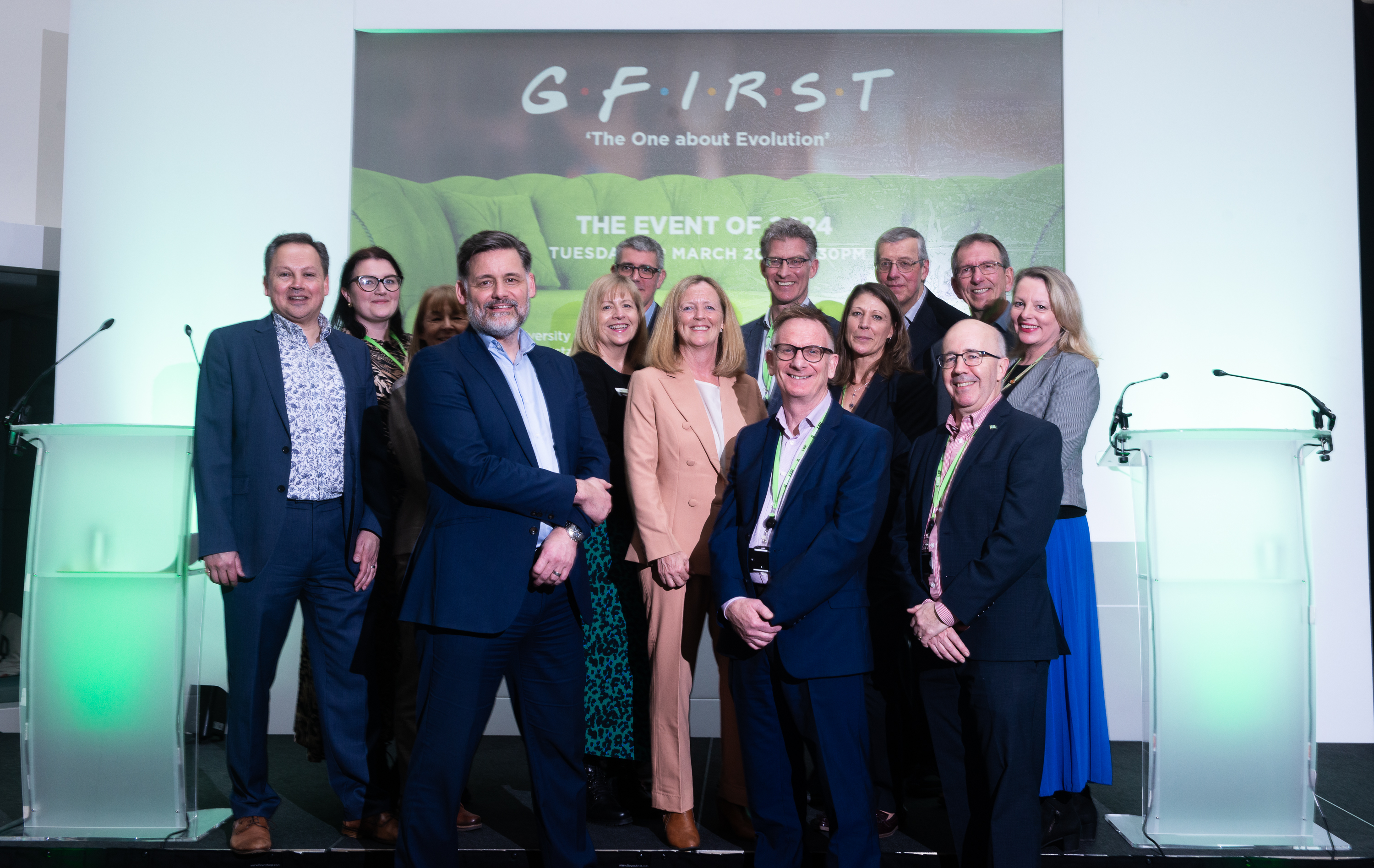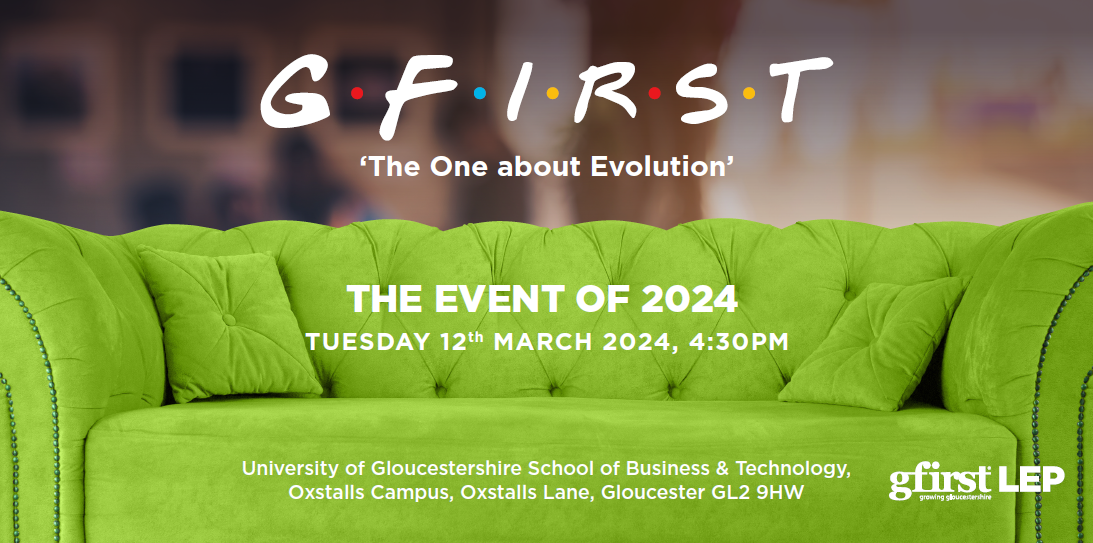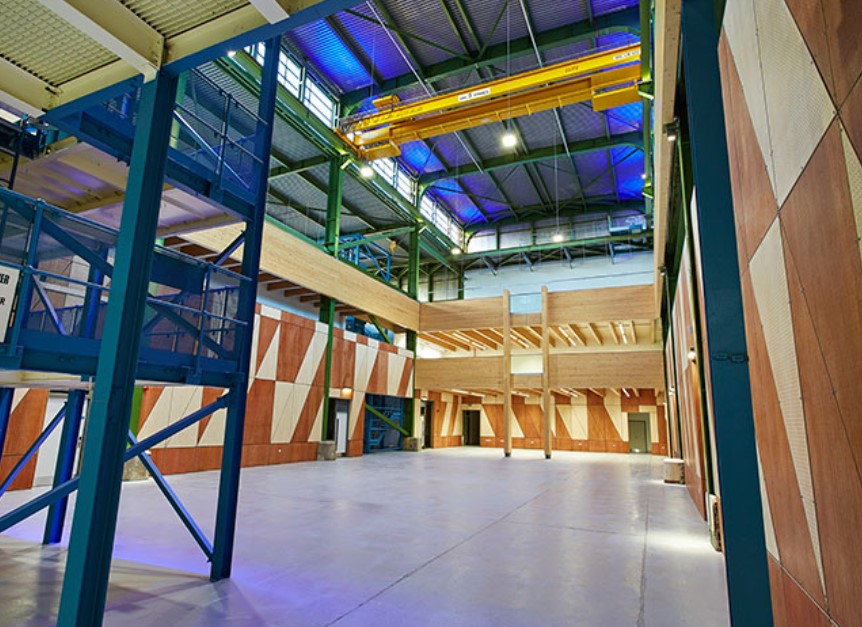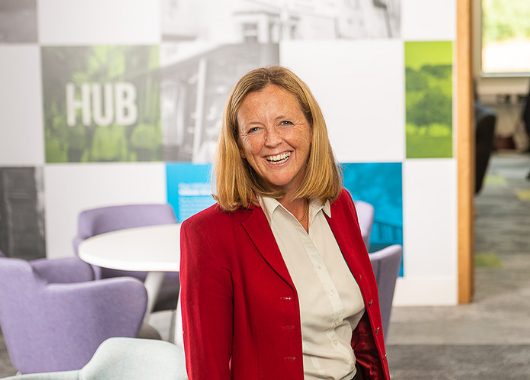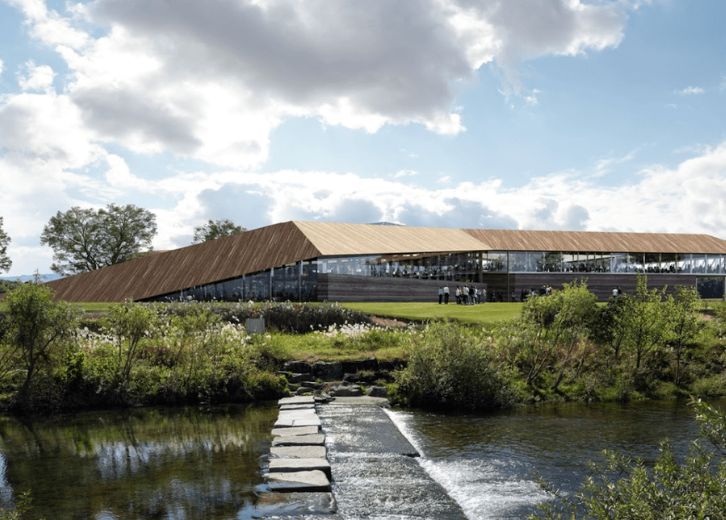general
What makes RAU graduates so employable?
188 second year students have joined organisations across the UK, and abroad, as they embark on their 20-week professional work placement.
16 May 2016
The School of Agriculture, Food and Environment (SAFE), School of Business and Entrepreneurship (SBE), and School of Equine Management and Science (SEMS) incorporate a work placement into all of their undergraduate degree courses, to encourage students to gain real business experience.
The School of Real Estate and Land Management does not include a formal work placement period, but encourages its students to undertake work experience during the holidays.
Graduates from the Royal Agricultural University benefit from impeccable graduate employability rates, with 98% undergraduates entering employment or further study within six months. This can be attributed, in part, to the University’s strong network of industry links, and the 20-week work placement many of the students complete during the course – a number of whom go onto to work for their placement company after graduating.
John Elbourn, BSc (Hons) International Business Management student, is currently completing his work placement at Horsezone – a web-based company selling horses across the UK and Ireland.
John said: “I decided to complete my work placement at Horsezone because I have a passion for the equine industry, and thought that a web-based company would allow me to learn multiple marketing strategies. So far, I have managed the Horsezone stand at the Whitfield Horse Trials, which is teaching me how to communicate effectively, and written articles for the Horsezone website, which ties in with my career aspirations in equine journalism. Furthermore, because Horsezone is relatively new to the UK, I can watch the business grow and develop and see business theory in action.”
Agriculture, food and environment
Agriculture and food students have entered a range of industries, including farm estate businesses, agroscience, precision farming, consultancy, food and drink production, and estate management.
Chris Brough, Senior Lecturer in Animal Production Management and placement tutor for SAFE said: “The work placement is a vital component of the Honours Degree, providing professional, practical and transferable skills that are important learning outcomes in preparation for future employment.”
Business and entrepreneurship
Business students have entered a number of industries, including banking and finance, food and drinks production and distribution, marketing, clothing, accountancy, and third sector.
Samantha Lynch, Marketing Lecturer and placement tutor for SBE said: “Placements provide students with an opportunity to apply their academic knowledge and make a direct contribution to a business. This year, we have had a record number of students on international placements, and a number of students completing self-employed placements to trial life as an entrepreneur.”
Equine management and science
Equine students have entered the equine and equestrian sport industries, working for feed companies, eventing and horse trials events, polo clubs, racecourses, veterinary surgeries, studs, and consultancy companies.
Peter Morris, Senior Lecturer in Law and placement tutor, said: “The placement process gives the students the opportunity to work in an area that is of particular interest to them and where they learn from people who are the best in their field. The students not only acquire transferable skills, but also gain in confidence and make useful contacts which help them in their career search.”
For more information please contact Shelly.Hampshire@rau.ac.uk on 01285 652531.

